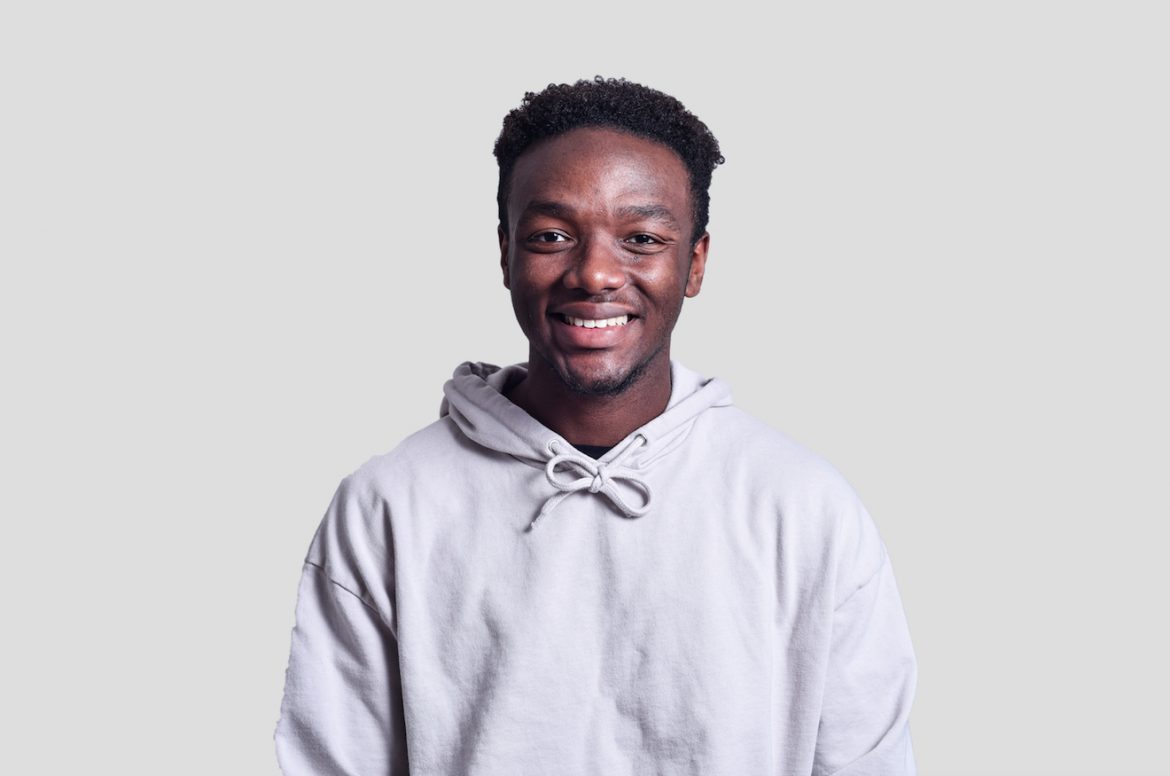My name is Justice Laws, and I am a junior theatre major. Being a junior in college is honestly pretty weird, and it comes with a lot of responsibilities. You are officially considered an upper classman, classes get harder, and a lot of times, friend groups seem to shrink out of nowhere. For the normal college student, it is scary at times, but overall, it is manageable and students adjust pretty smoothly. Unfortunately, for those with mental illness, even the smallest change in a normal routine can do some pretty big damage.
Many people don’t know this about me, but during the spring of my senior year, I was diagnosed with attention-deficit/hyperactivity disorder (ADHD), predominantly inattentive presentation. Being diagnosed the semester before I would be packing up everything I own and going to college was definitely not the best news. I was very nervous and doubtful that I would do well in classes, but I went to college and tried to have the best experience possible.
My freshman year was a big adjustment, and I struggled a lot. I had an extremely hard time paying attention in class and it seemed like no matter how hard I tried, I wasn’t seeing any good results. I had to get special help from almost all of teachers at the end of my first semester just so I could pass my classes. Knowing that I had to put in so much more work than some of my friends was extremely difficult to deal with. I felt like there was no one here like me, and that I didn’t have what it took to make it in school. I went through some big highs and lows in dealing with my disability.
When it was time to come back to school the following fall, I knew that some things needed to change in my attitude if I wanted to succeed. One of the first things I did was find a tutor and start meeting with them weekly. Having a tutor was extremely helpful for me and I saw my grades improve pretty fast, which was very uplifting. For the classes I struggled in the most, I would meet with my professors and stay there until knew everything I needed to know. It gave me the chance to get hands-on teaching from professors and also grow relationships with them.
One thing that was hard for me to realize, especially when I was a freshman, was that faculty members truly want you to succeed. Going to my teachers once a week and asking questions I was struggling with — or even when I was just overwhelmed — helped me so much. Talking to them made me realize that I wasn’t alone and that I can succeed, even if it does take a little more work. Little by little, I could see improvement in not only my work ethic, but also my confidence. I am not afraid to go to teachers or ask my friends for help.
I think it is extremely important to find a group of uplifting people that are willing to help you when you are in need. One thing I wish that I knew earlier on in my Harding career was that I should take initiative in not only my work, but just in day-to-day life. It sounds super cliche but it is very true. If you want to be successful, then you need to do what it takes to reach your goal. I thought my disorder was what would define me, but I was just using it as a crutch. I am very thankful that I have the chance to tell my story because I think it important for people to know that there is someone else dealing with similar problems.
